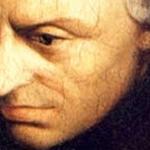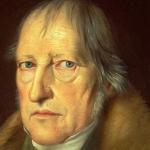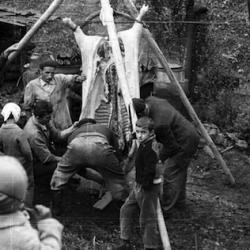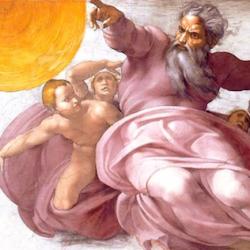God speaks and light appears. He separates light and darkness, assigns names to each, and judges the whole to be good. Next day, He’s at it again, speaking, separating, assessing, judging. And so it goes throughout the days of creation: With an insistent, incantatory rhythm, God speaks, sees, names, judges. Poetic yes, but more fundamentally, creation unfolds as the enacted poetry of liturgy.
From the first pages of Scripture, before we know much of anything about God, we know He’s a God of repetitive ritual actions and formalized speech. We already know He’s the divine liturgist.
Beginning with Day 3, something else begins to happen. On Day 1, God speaks to nothing, because there is nothing other than God. His speech makes the auditor. Once the seas and land have appeared, though, He addresses them. “Let the earth sprout vegetation” and “Let the waters teem with swarms of living creatures.” And when he calls on earth to sprout, fruit trees and grain plants spring up from the land. He calls on the waters to teem with living souls, and living souls swarm the seas.
God the divine liturgist forms creation as a liturgical partner, a respondent who can speak and act in ecstatic obedience to His creative word.
So the heavens tell the glory of God, and the firmament proclaims His handiwork. Day to day pours speech, and night to night pours out knowledge (Psalm 19). He calls the sun from its tent, and it comes racing across the sky like a mighty man. He speaks thunder, and cedars break, the mountains of Lebanon skip, the wilderness shakes, does calve (Psalm 29). All creation joins in the dialogue, the duet (Psalms 148-150). God speaks, and every creature responds not just with but as a form of praise.
Human beings are made in the image of this God, the God of repetitive, creative speech, the God who creates by ritual and liturgy. Made in His image, we are, whether we want to be or not, liturgical creatures.
We are more homo adorans than homo sapiens. Our most basic orientation comes not from what we think or feel, but from what or whom we worship. Our lives are driven by desires, our desires oriented in turn to an object of ultimate worship. We are created priests to lead a cosmic liturgy, to bring the whole world into the worship of God. Every creature has its own mode of praise, but creation’s praise is fulfilled in us.
No one expressed this more insistently than the eccentric English poet, Christopher Smart.
Continue reading here.












